
Professional integrated housing one-stop solution provider
including prefabricated container house, modular building and steel structure etc.
Proyecto a medida
Aseo móvil
Casa contenedor desmontable
Casa prefabricada
Casa contenedor ampliable
Casa contenedor
Edificio con estructura de acero
Casa contenedor

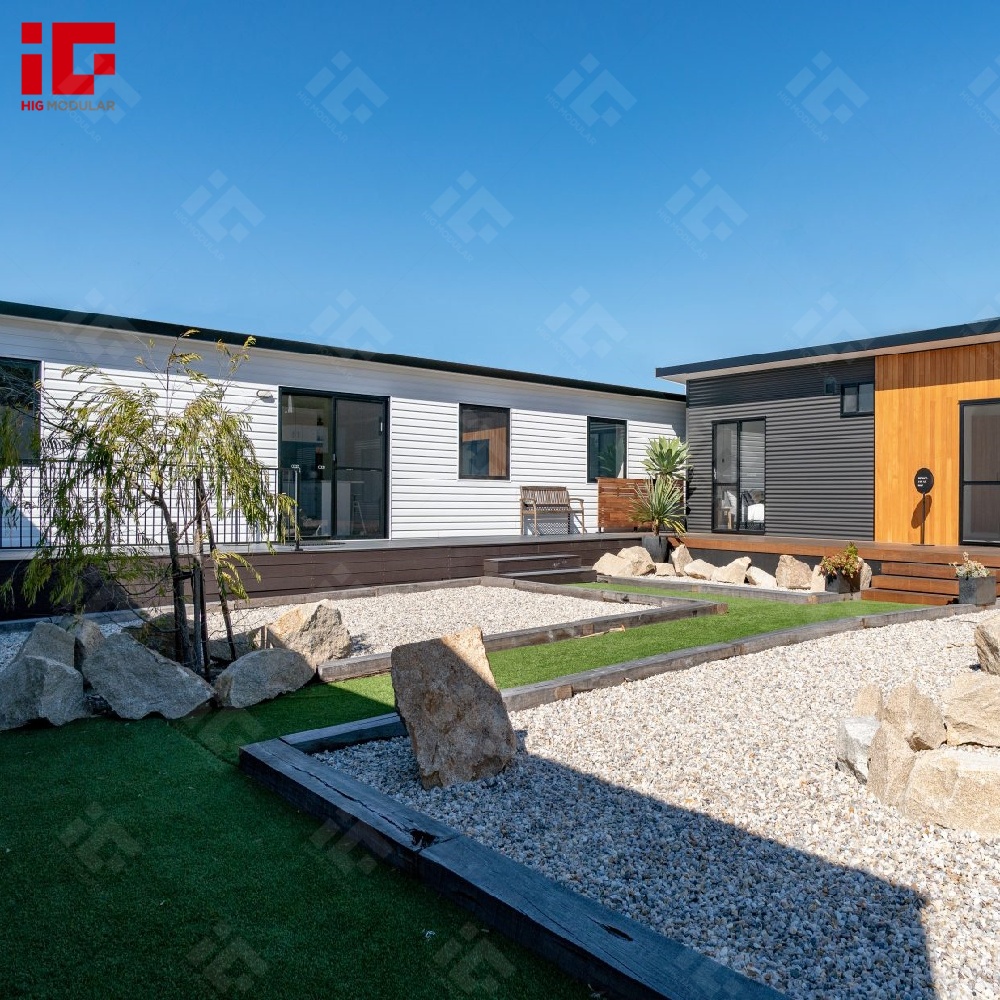
| Parameter | Detail | Hospitality Impact |
|---|---|---|
| Dimensiones | Exterior: 6000×3000×2840mm; Interior: 5800×2800×2500mm | Optimized for guest comfort, fitting standard bedding, furniture, and amenities. |
| Load Capacities | Roof: 0.5KN/㎡; Ground: 2.0KN/㎡ | Supports rooftop terraces (for premium experiences) and heavy guest traffic. |
| Fire Safety | Class A fire – retardant rock wool core in sandwich panels | Meets international safety standards, protecting guests and property. |
| Climate Resistance | Wind: 0.6KN/㎡; Seismic: Level 8 | Ensures year – round operation in diverse regions, from coastal resorts to seismic zones. |
| Material Durability | Galvanized steel frames, recyclable rock wool, and color – steel panels | Reduces maintenance costs and environmental impact over the structure’s lifespan. |
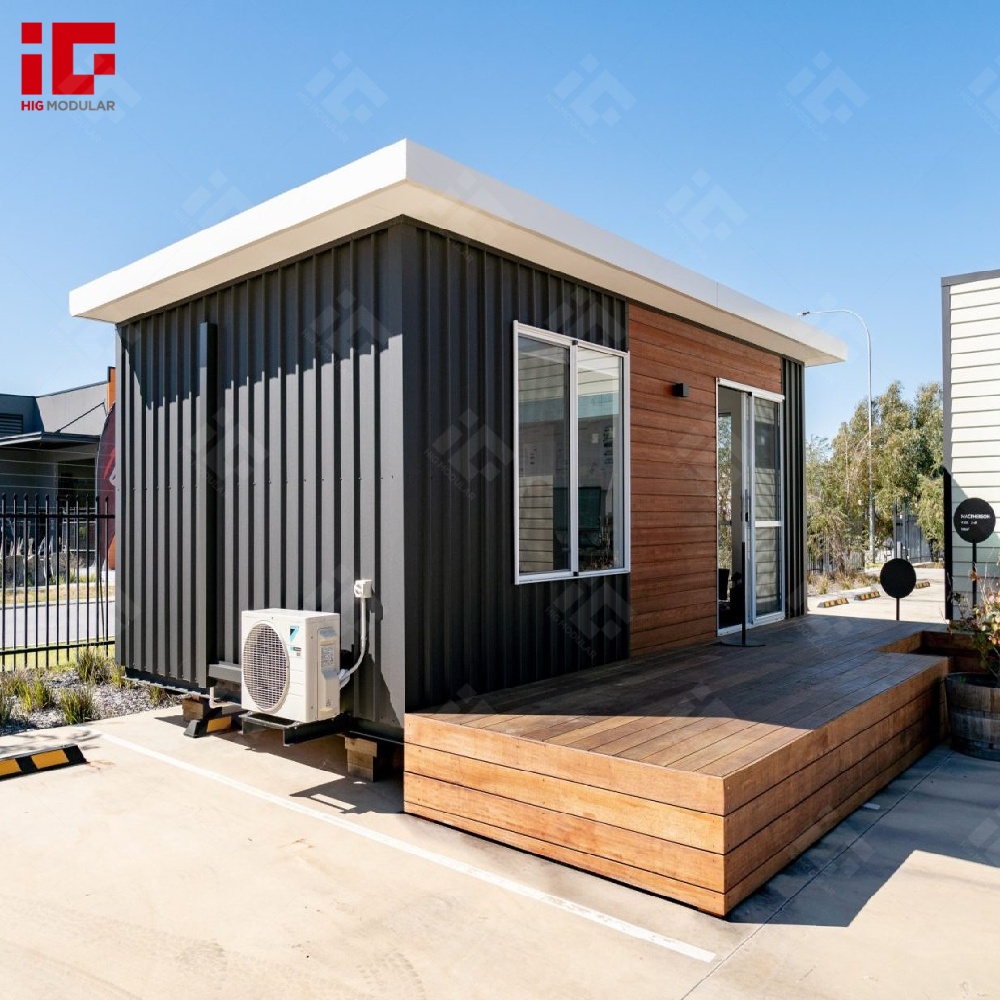
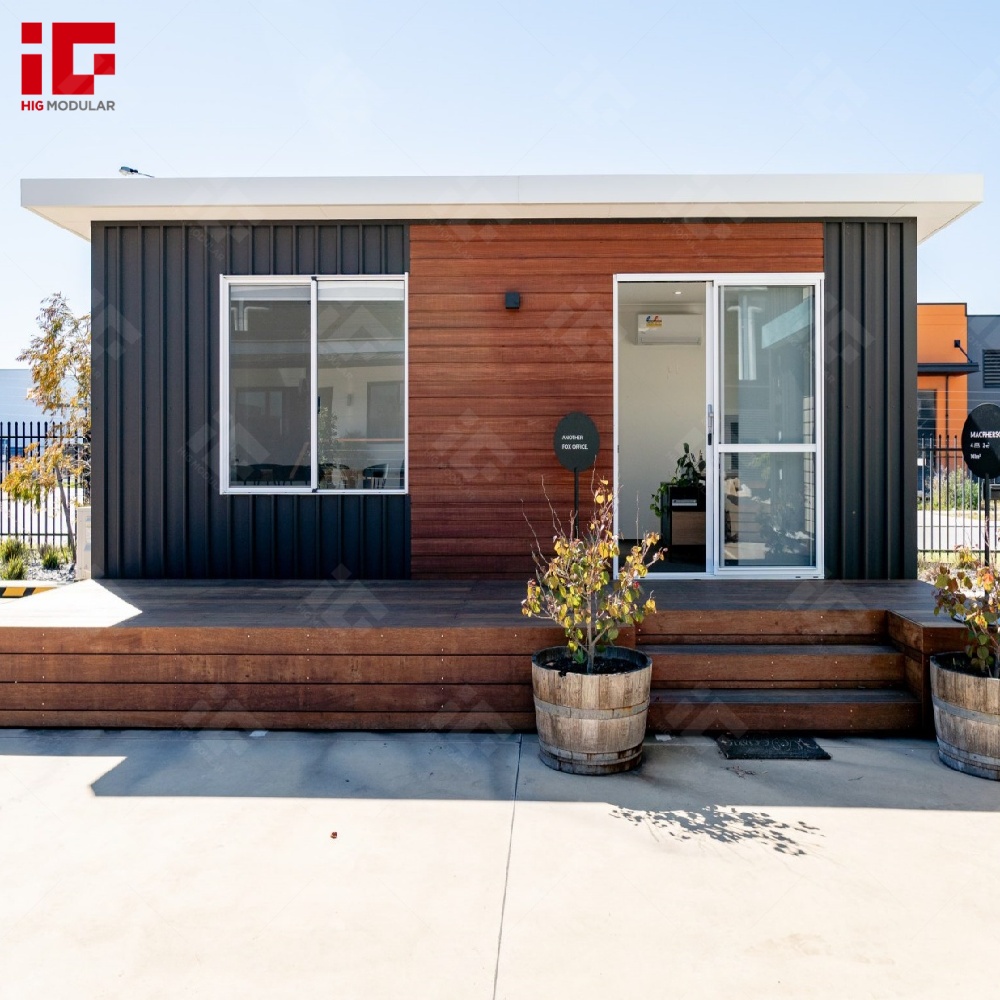
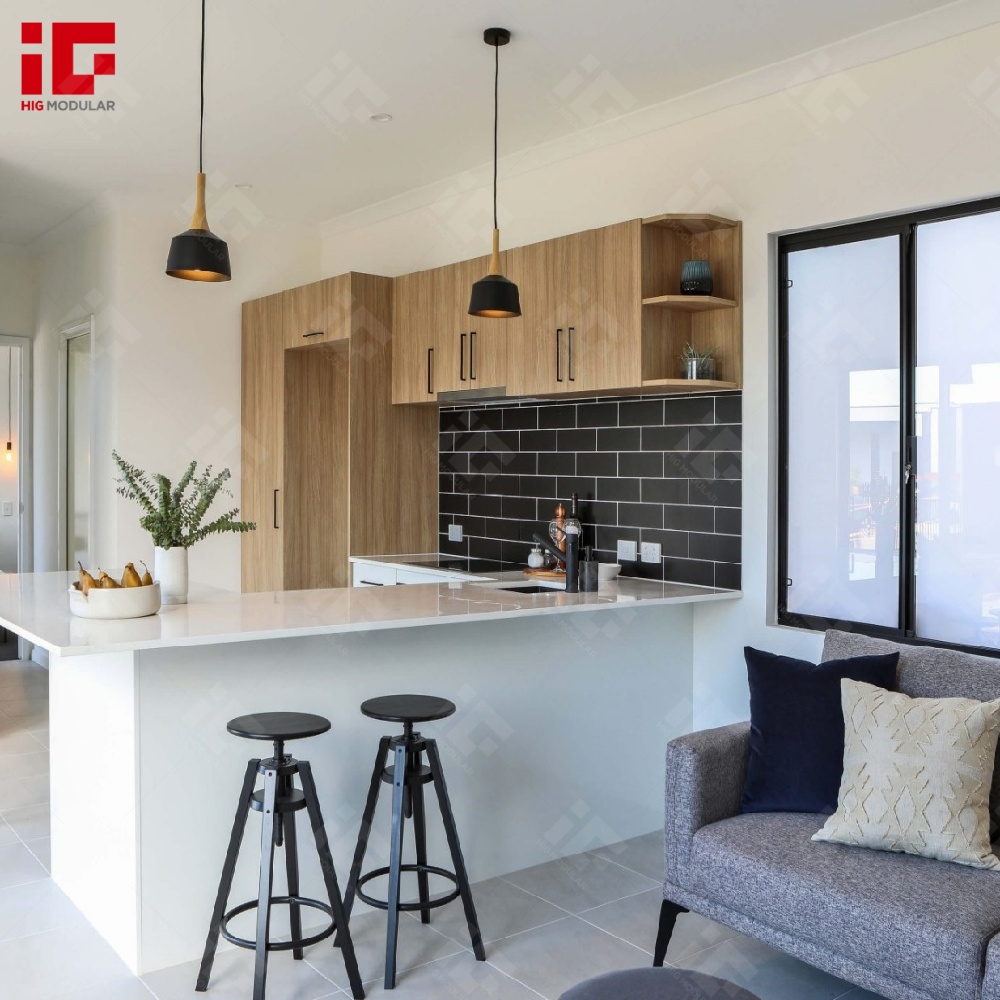
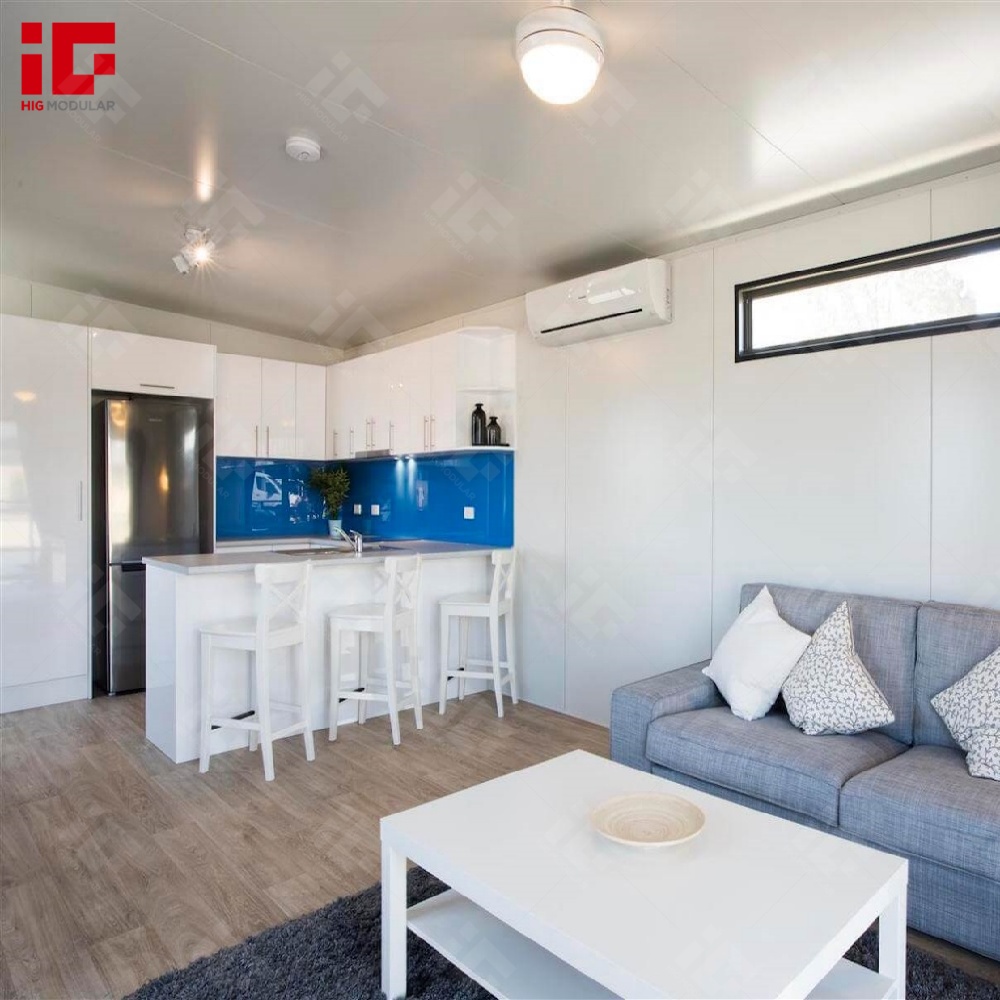
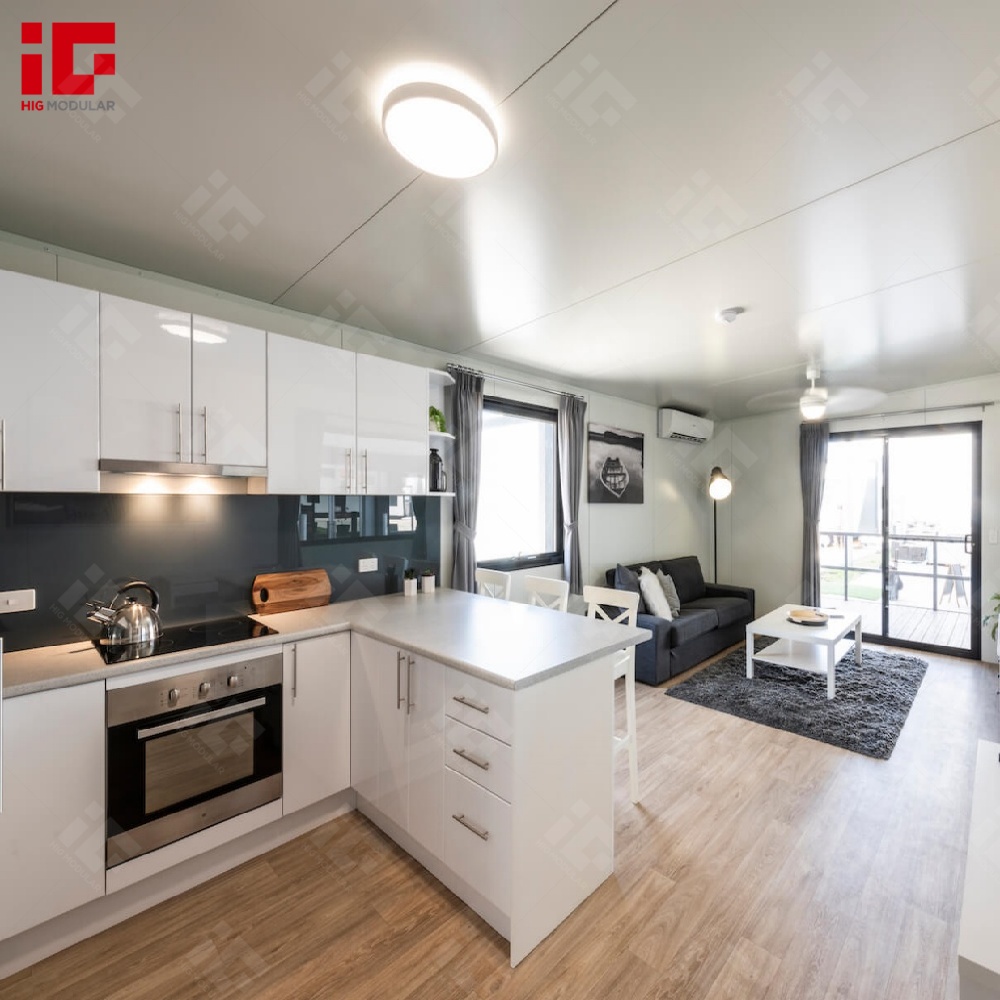
HiG Green Integrated Tech S.L.

 EMAIL : info@hig-housing.com
EMAIL : info@hig-housing.com




